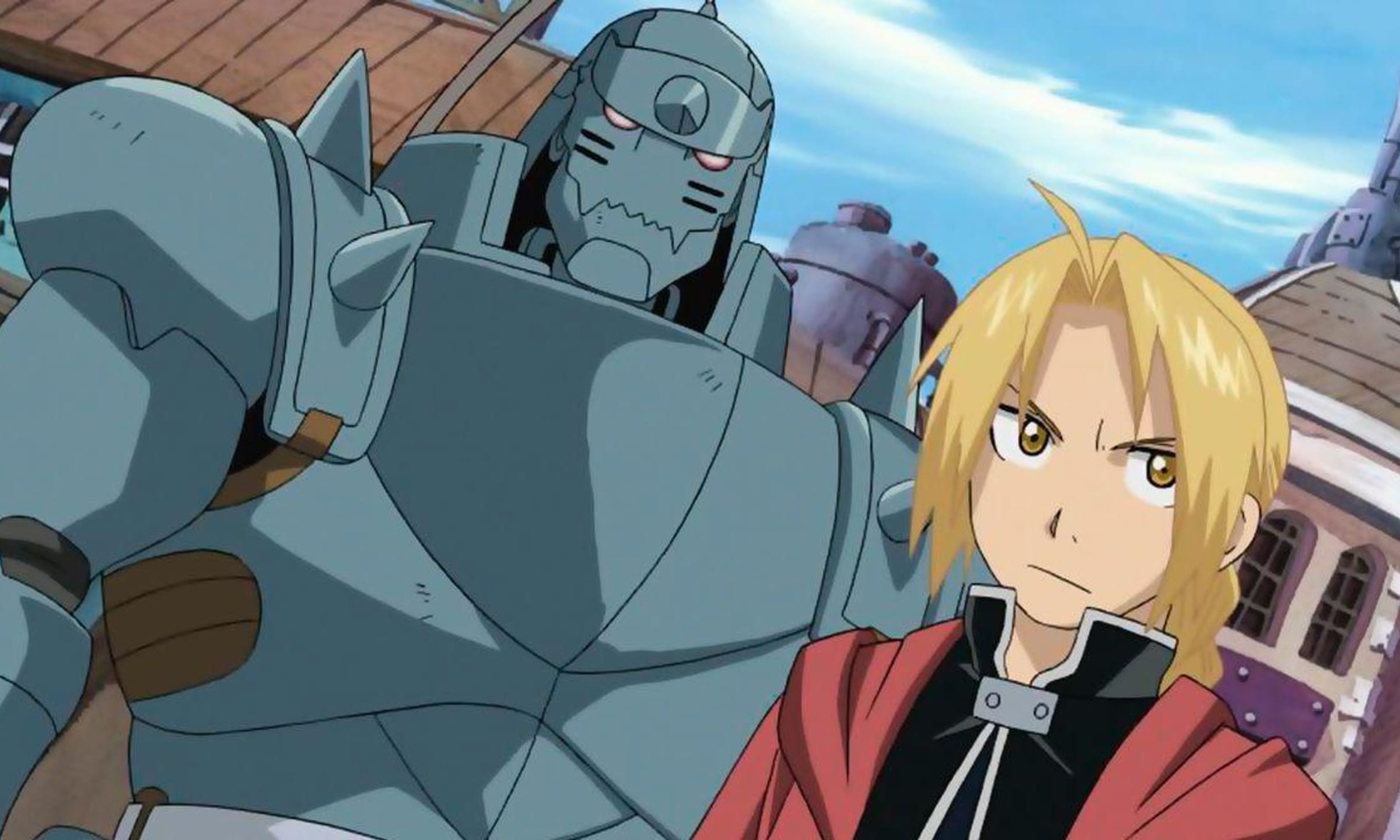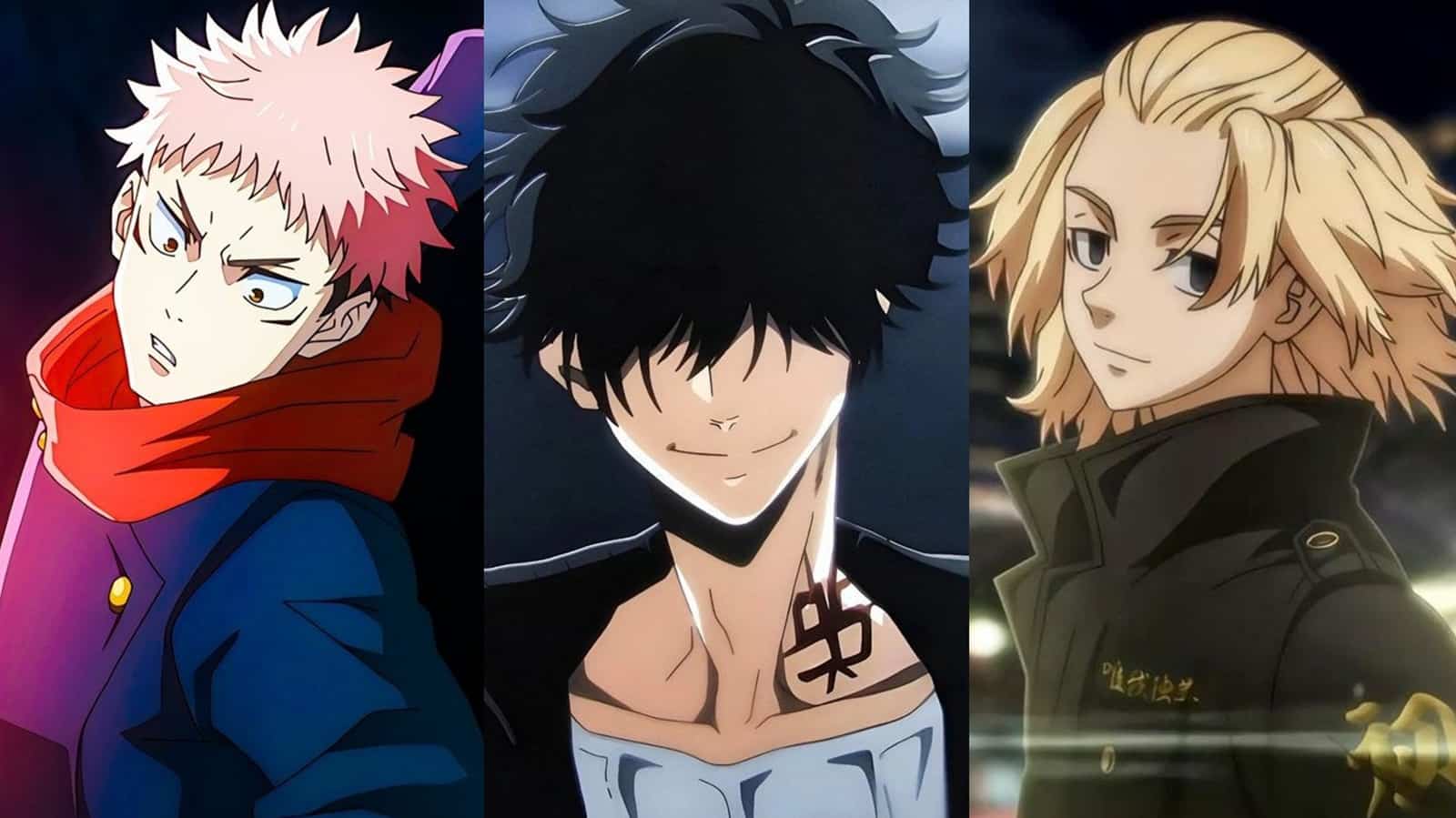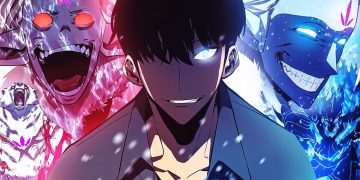The anime industry thrives on innovation and artistic expression. However, it has faced challenges concerning originality and intellectual property rights. Instances of alleged plagiarism have sparked debates about the fine line between inspiration and infringement.
In 2001, Disney’s “Atlantis: The Lost Empire” faced criticism for its striking similarities to the anime series “Nadia: The Secret of Blue Water.” Critics and viewers noted resemblances in character designs, settings, and storylines, leading to discussions about potential intellectual property infringement.
Similarly, “The Lion King” was scrutinized for parallels with Osamu Tezuka’s “Kimba the White Lion.” Observers pointed out likenesses in characters and plot elements, igniting debates about the boundaries between homage and plagiarism.
Industry Responses and Legal Actions

In some instances, creators have taken legal measures to address plagiarism claims. For example, veteran anime director Kunihiko Ikuhara filed a lawsuit against an individual who persistently accused him of plagiarism, aiming to prevent further harassment and set a precedent against unfounded allegations.
Conversely, false accusations of plagiarism have also emerged as a concern. The anime industry in Japan has seen instances where creators face baseless claims, leading to significant personal and professional repercussions.
The Impact on Creativity and Originality

These controversies highlight the delicate balance between drawing inspiration and maintaining originality. While the exchange of ideas can foster creativity, it is crucial for creators to respect intellectual property rights to preserve the integrity of the industry.
Plagiarism and related scandals underscore the importance of ethical practices in the anime industry. As the medium continues to evolve, maintaining originality and respecting intellectual property rights remain essential to its sustained growth and credibility.






